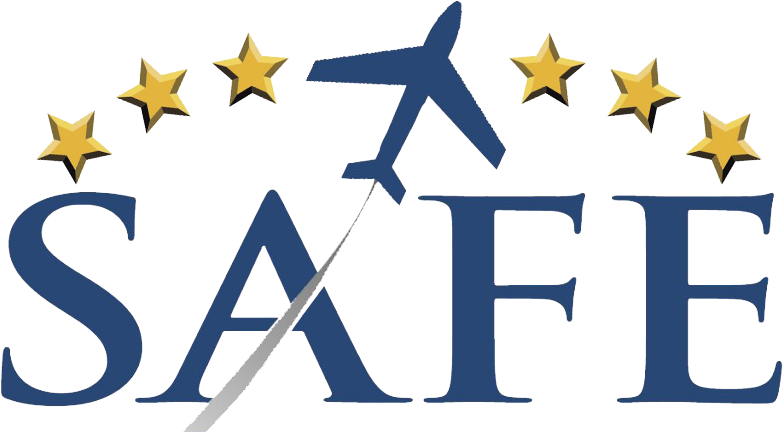Read more…(FAA Awards)
Brian John Carpenter, 2017 National Aviation Technician of the Year, was described by the GA Awards Committee members as as “the go-to guy when it comes to the construction and maintenance of—and education about—Light Sport Aircraft.” He regularly teaches a Light Sport Repairman Workshop and is currently working on his EMG-6 Electric Motor Glider.
Carpenter serves as an EAA Technical Counselor and presents workshops, forums and seminars for various aviation events. He also authors a monthly column in EAA Sport Aviation magazine, and is a volunteer technical expert for EAA’s Homebuilder’s Tips video series
Read more…(Limited CFI)
Machado argues that approval of today’s Sport Pilot Flight Instructor Certificate (SFIC), which requires 150 hours of flight experience and a sport pilot certificate, is evidence that the FAA believes that properly trained sport pilots are capable of teaching others to fly competently and safely. The prospective SFIC must simply demonstrate his or her ability to teach to the standards set for in the Sport Pilot Instructor PTS to obtain his SFIC.
“Back in 1956, the FAA believed the same thing about properly trained private pilots who became LFIs,” he said. “If we keep in mind that the FAA didn’t eliminate the LFIC because of poor instructor performance, then we can reasonably conclude that the properly trained 200-hour, non-instrument rated private pilots can competently and safely prepare students for the private pilot certificate.”
He argues that an LFIC would benefit aviation by allowing it to inherit an entirely new class of enthusiastic teachers whose main ambition is to share their love of flying with others, rather than just building flight time. The result would likely be an older, wiser class of aviation ambassadors for our instructor ranks. “Can you think of anything that more directly supports the flight training industry?” he asked. “I can’t.”
Responses to Machado’s idea, posted on his Facebook page, were most laudatory. The main objection came from a current CFI who worried that a flood of new instructors would take prospective students away from his instructional business.
Read more…(Flying Car)
According to an article in the June, 2016 Bloomberg Businessweek, both Kitty Hawk and Zee.Aero companies are ahead of the 10 or so other companies in the worldwide race to build a flying car. Among the requirements listed for the test pilot job are:
B.S. in an applicable engineering discipline and 3-5 years of applicable experience conducting full-system tests
Hands-on assembly experience with a broad range of processes and materials and electrical debugging experience. (e.g., building a mounting bracket, assembling simple mechanical devices, etc.)
Familiarity with Linux command line usage and at least one scripting language (e.g., Bash, Python, etc.)
Experience developing test plans and organizing testing logistics
Drivers license and availability to drive to remote test facilities once or more per week
Ability to lift and move moderately heavy equipment
Ability to work in an outdoor environment.
Please read and “follow” our SAFE blog to receive notification of new articles. Write us a comment if you see a problem or want to contribute an article. We are always seeking more input on aviation improvements and flight safety. There are many highly qualified aviation educators out there! If you are not yet a SAFE member, please Join SAFE and support our mission of generating aviation excellence in teaching and flying. Our amazing member benefits alone make this commitment worthwhile and fun. Lastly, use our FREE SAFE Toolkit App to put pilot endorsements and experience requirements right on your smart phone and facilitate CFI+DPE teamwork. Working together we make safer pilots!
